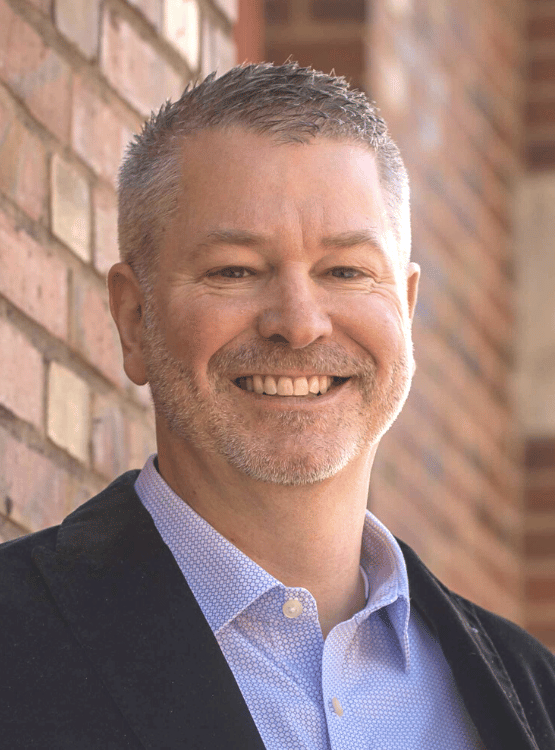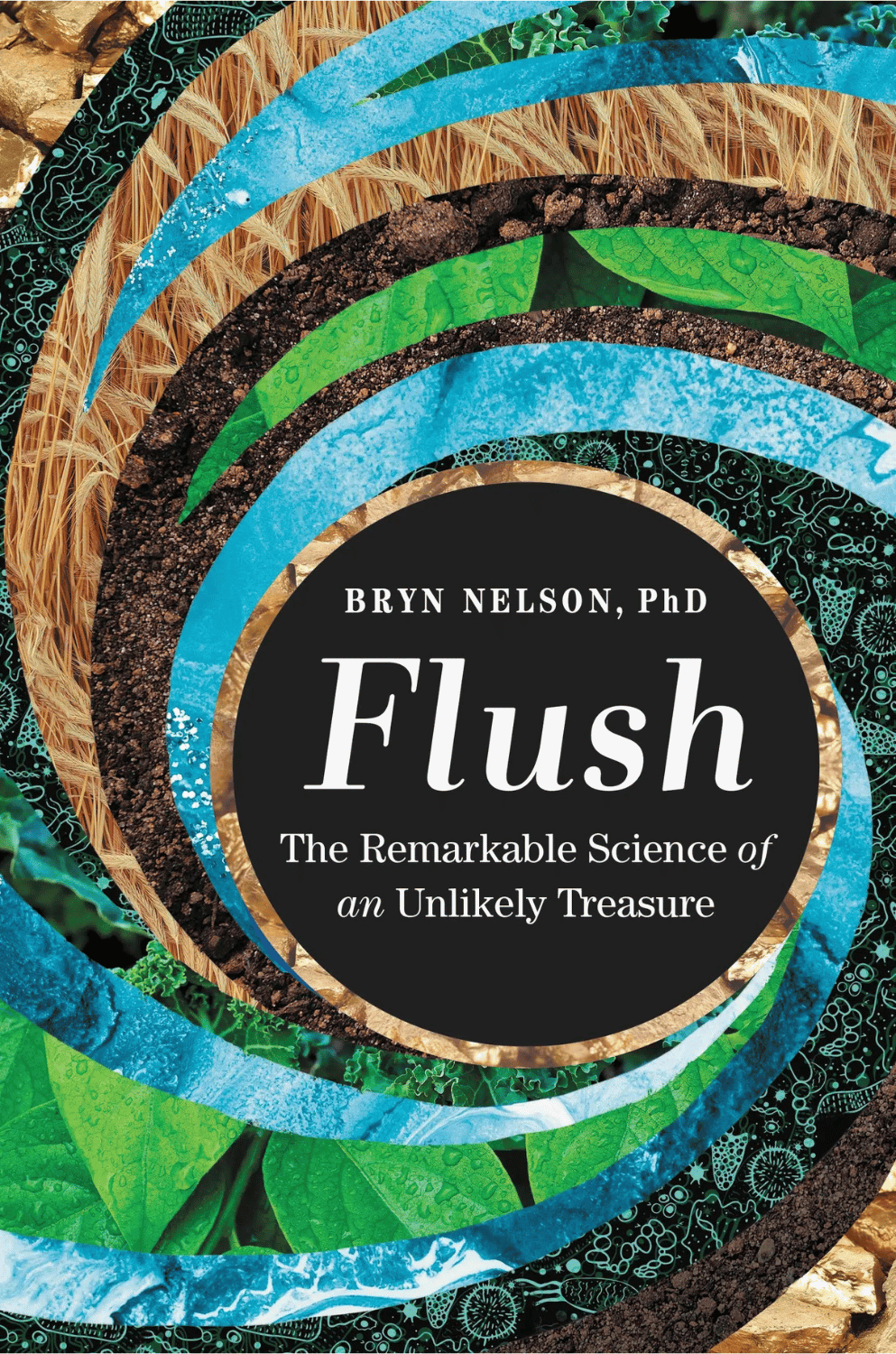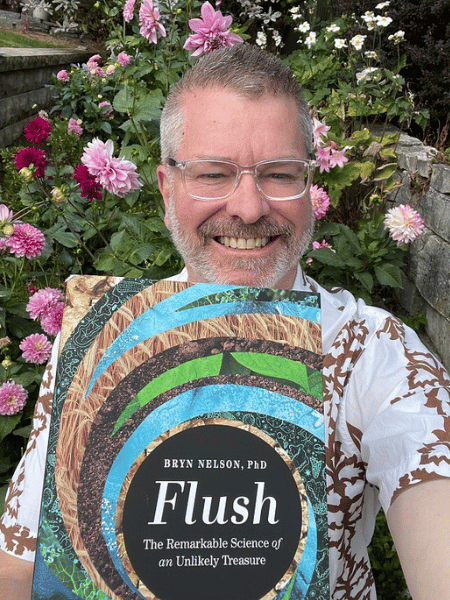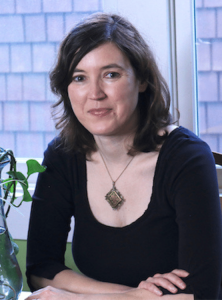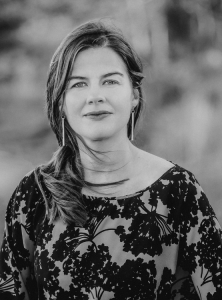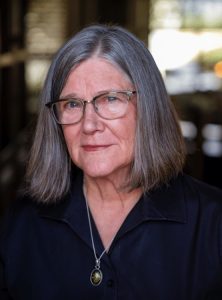Bryn Nelson is a Seattle-based freelance writer and editor with an avid interest in biology, biomedicine, ecology, green technology and unconventional travel destinations. After shifting course from a career in microbiology, Bryn accumulated two decades of journalism experience and has written for more than 30 publications ranging from The New York Times to Cancer Cytopathology. Before becoming a journalist, he received his PhD in microbiology from the University of Washington.
Subsequently, Bryn received a graduate certificate in science writing from the University of California at Santa Cruz, and interned at The Californian in Salinas, California, and at Newsday in Melville, New York. In 2000, he accepted a staff position at Newsday as a member of the science desk, where he spent the next seven years writing extensively about genetics, stem cell research and cloning, evolution, ecology and conservation.
While at Newsday, Bryn was one of four principal writers on the award-winning, 13-part “Long Island: Our Natural World” series, which we converted into a field guide. He also wrote “Saving Bobby,” a multiple award-winning, 12,000-word feature about the frantic effort to save a toddler whose father had accidentally driven over his head.
Since 2007, Bryn has been a freelance writer and editor. In his spare time he enjoy photography, singing and renovating the 1906 Craftsman house where he lives with his husband, Geoff, and their energetic boxador, Piper.
His book Flush: The Remarkable Science of an Unlikely Treasure, is a surprising, witty and sparkling exploration of the teeming microbiome of possibility in human feces. Flush is both an urgent exploration of the world’s single most squandered natural resource, and a cri de coeur (or cri de colon?) for the vast, hidden value in our “waste.”
